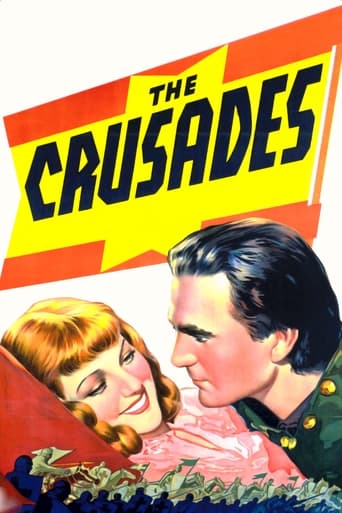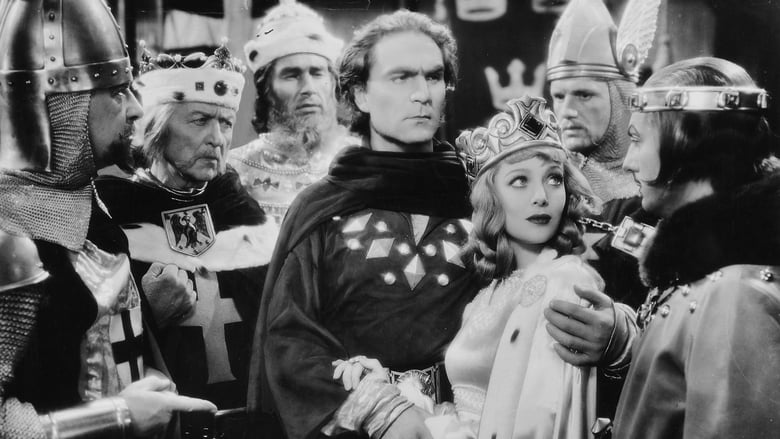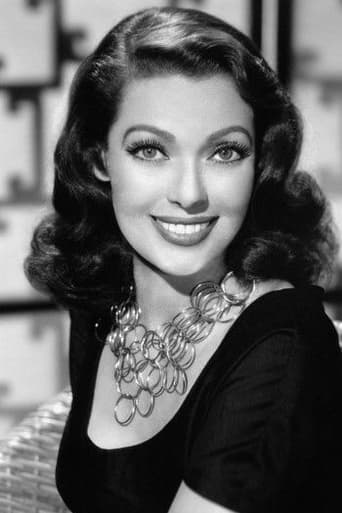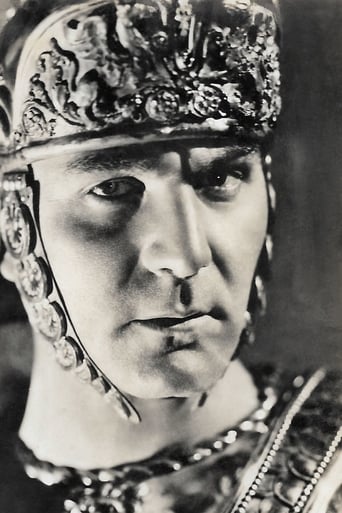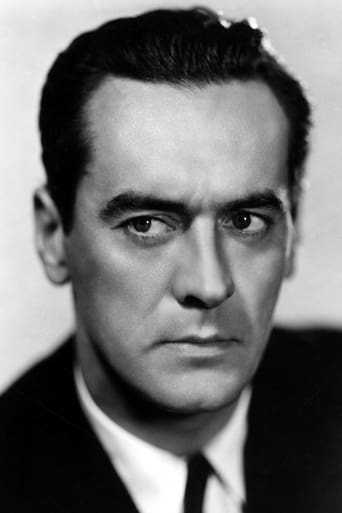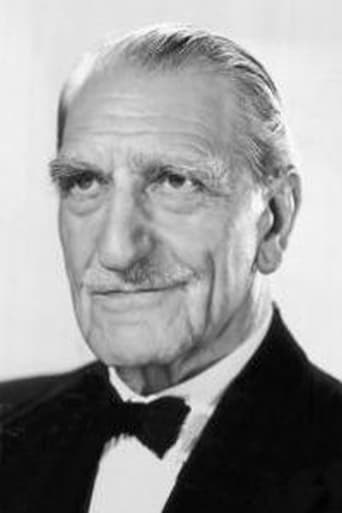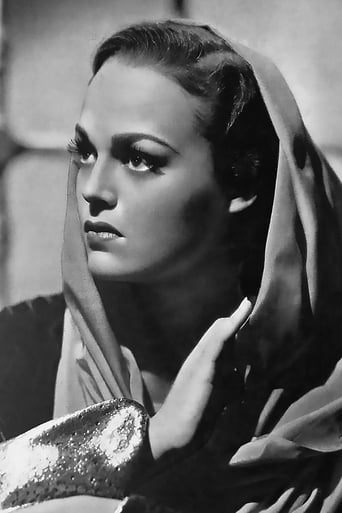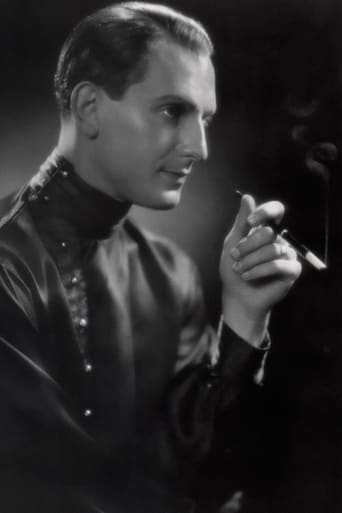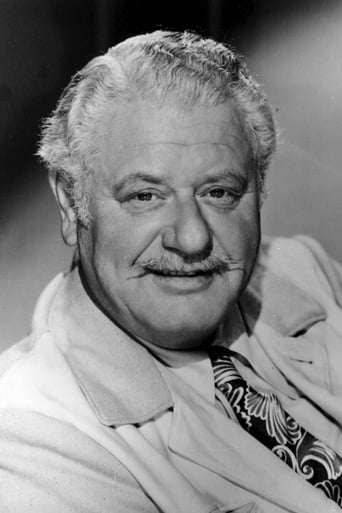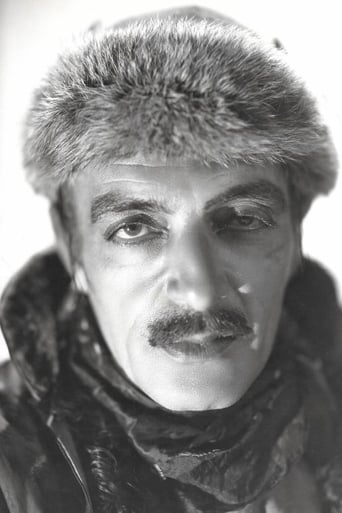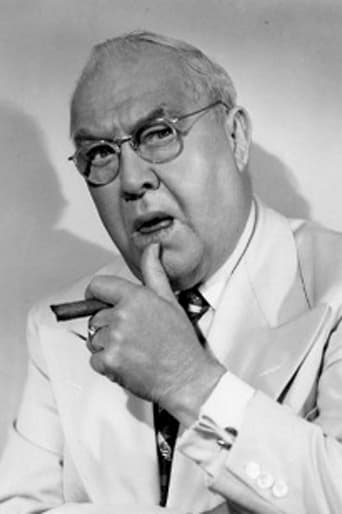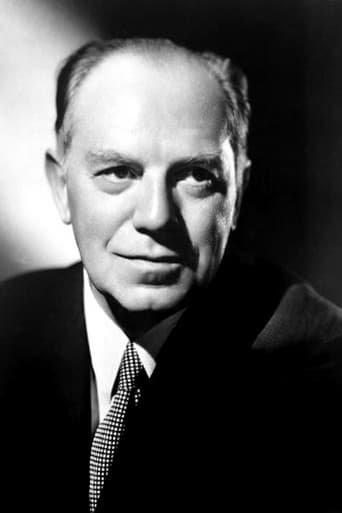King Richard the Lionhearted launches a crusade to preserve Christianity in Jerusalem.


Similar titles


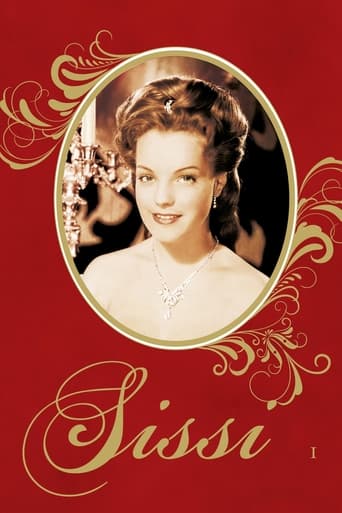
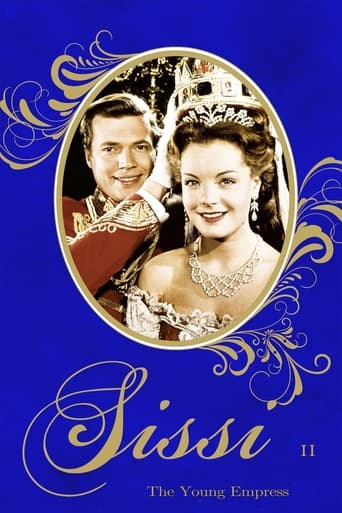
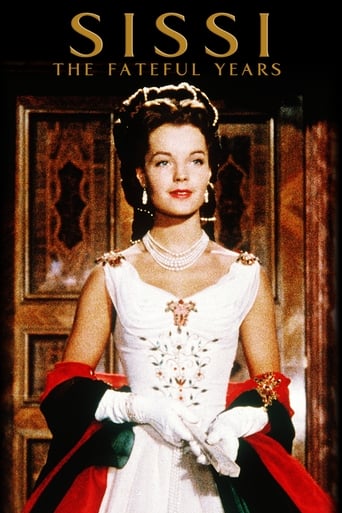

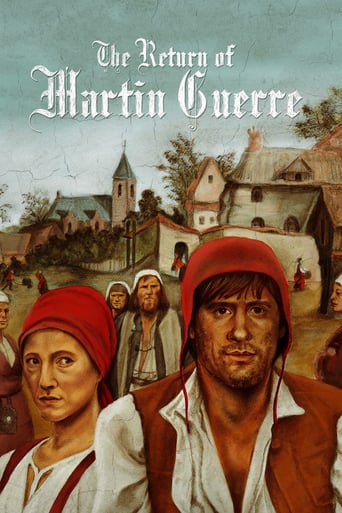
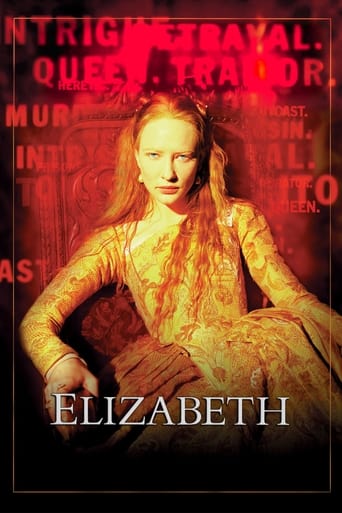
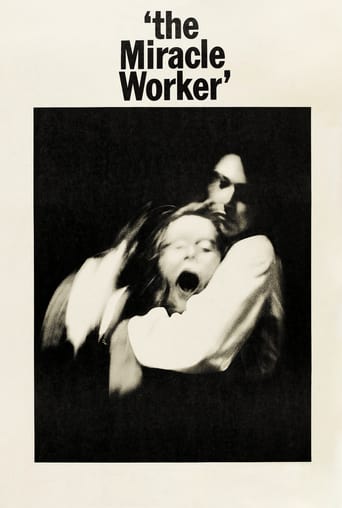
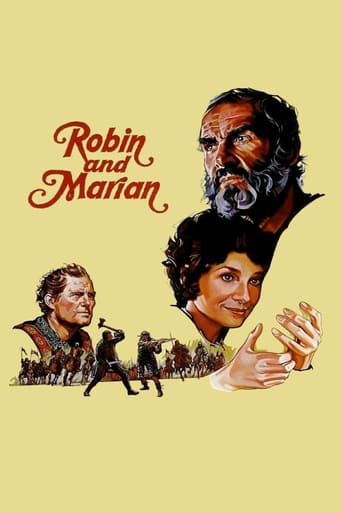
Reviews
Starring Henry Wilcoxon, Loretta Young, and Ian Keith. This film focuses mainly on the Third Crusade, with events from the others used as background.In 1187 , when infidels take Jerusalem and hold Christians captive, a man called The Hermit escapes and goes back to Europe, preaching for a Crusade to free Jerusalem. Several countries join. When The Hermit reaches England, King Richard the Lion-Hearted (Henry Wilcoxon) joins the Crusade to avoid marriage to Alice (Katharine DeMille), the King of France's sister. When the soldiers from the various countries reach Navarre, the King of Navarre sells his daughter Berengaria (Loretta Young) in marriage to Richard in exchange for rations for the soldiers and horses. The director in tall boots takes the story from there.This film is long, drawn out by political intrigues and lots of speeches about Christianity being the only true religion. Film Finally wakes up in the second hour with some spectacular footage of the siege of Acre, and the plot gets moving.Wilcoxon plays Richard as a thuggish dimwit. Young is seemingly the only person in the film to have a brain in her head, and who acts with subtlety. Ian Keith, as Saladin, does well in a small role. Everyone else is either of very good or very bad character, and you can tell by their dialogue in their first sentence which they're meant to be. No real nuance in the characterization. Alan Hale is annoying as a minstrel.The film is almost free of knee slapping lines, but there is one priceless line. Just before Acre is attacked, a sentry yells: "The Christians are coming! The Christians are coming!".Comic book history, smothered with religion to please the production code, and spectacle on the side. It's an okay watch-just have caffeine handy for the talky scenes in the first hour.
In his autobiography, C. B. Demille indicated that he found the greatest compliment ever given to the film was during an IRS audit. The agent doing the audit was astonished that a film that good didn't make any money.The historian and author Harold Lamb was instrumental in the scripting. Demille wanted the flavor of the Crusades in the one film, so The Hermit was used to outline the cause of the Crusades, and was used to "compress" the timeline to the Third Crusade. He also wanted to show that Saladin was as "knightly" as any of the Crusaders.The film provides spectacle throughout, from ceremonies to battles, but that was Demille's style. The political intrigue in the background was more pronounced in this film than behind-the-scenes activities in . other Demille films, but that touch may have been Mr. Lamb's.I first saw this on television, many years ago, by accident. It wasn't scheduled, but I happened to tune in to it when it started. It caught my attention, and I was hooked. It's one of his better films. It's also an interesting contrast to Kingdom of Heaven.
Cecil B. DeMille's spectacles were mostly bound to America and Americans for most of the silent film period into the early talkies. His exceptions were the original "Ten Commandments" (but there was a modern story set in America as well as the tale of Moses), and "King of Kings" where he told the story of Jesus's Ministry. Then, in 1933, he decided to do movies that dealt with the history of the ancient world. First came "Sign of the Cross" in 1933 and then "Cleopatra" in 1934. Both were in the Roman Empire, and both allowed DeMille ample scope to be lascivious and tantalizing about sex, and yet be moralistic as well (especially in "Sign of the Cross"). Both had Claudette Colbert in them in the female lead (shared in "Sign of the Cross" with Elissa Landi). "Sign" had Charles Laughton and Frederic March in the leads. But "Cleopatra" only had Henry Wilcoxon and Warren Williams as the leads. Still both films were very successful.DeMille seems to have planned to tap European and Middle Eastern history for awhile. His next historical pageant is "The Crusades" which, while an entertaining film (none of his films are less than entertaining) is not as good as the first two. It is actually telling the story of the Third Crusade of 1190 - 92, and (although lauded in some of these comments as being historically accurate) it doesn't really go into it too well. The third crusade was led by Richard the Lion Hearted (King Richard I of England), King Philippe Augustus of France, and the Holy Roman Emperor Frederick Barbarosa. Now the movie does show Philippe at the initial planning stages, and Richard soon getting involve. But aside from an occasional mention of Barbarosa, and one or two brief glimpses of an actor as the Emperor, his character is never developed. Frederick Barbarosa was a lead player in this crusade, and he drowned trying to ford a stream during the early part of it. This was a real tragedy for the European invaders, as Frederick had been umpiring the constant arguments between Philippe and Richard (neither of whom liked each other). None of that is in the film.To fully appreciate this film (flaws and all) watch it first after seeing "Becket" and then "The Lion in Winter". Those two films tell the story of Richard Plantagenet's daddy and mommy, Henry II of England and Eleanor of Aquitaine. Henry II had built up his kingdom and power, despite problems from his old friend Thomas a'Becket. Most of the power was due to the inheritance of Eleanor in France, which was her dowry. Eleanor had been Queen of France briefly, but divorced King Louis and took her property with her. Henry was in a very good position to dominate King Louis and his son Philippe. But (from "The Lion in Winter") you will remember that Philippe tells off Henry that time is on his side - Henry is going to die soon, and Philippe is young. Philippe was also very sly. He was more interested in getting Richard into the Crusade so to weaken the English government, and allow Philippe to make incursions into Eleanor's power base. And it worked like a charm. Once Barbarosa was dead, Philippe took advantage of the first argument with Richard to take his men back to France. Soon he was in touch with Richard's brother, Prince John, who was regent for the king. John soon makes arrangements to keep Richard from ever coming home again. At this point I'd suggest you see "The Adventures of Robin Hood" followed by "Robin and Marion" to see the return of Richard and the end of his lamentably bad reign.DeMille hints at the political skulduggery. Note the business between Conrad of Montsarrat (the potential King of Jerusalem) and John. But John is made to be the mainspring of these conspiracies. That he was involved there is not doubt, but Philippe was the real key to them.There is also another issue, touched on in "The Lion In Winter" but dropped here - DeMille would never have discussed it in the context of a hero. Richard I was gay. His marriage to Berengaria was not a love match (although made one here and in the later film "King Richard and the Crusaders" based on Sir Walter Scott's "The Talisman"). So on that part the film is not accurate. The battle for Acre was very bloody, but the worst part of it (which Arab historians have bristled about for centuries - British ones tended to ignore it) were the massacres of Arab (and Jewish) citizens at Acre. Somewhere over 30,000 (at least) were killed. This atrocity was sort of dropped from the movie.The acting is good, and some of the scenes quite fascinating: the marriage by proxy of Berengaria and Richard (represented by his friend the minstrel Blondel); The literal horse (or cattle) trading by the King of Navarre for his daughter to get married is funny. Especially moving is a scene where Richard sees his old friend, the blacksmith, die after a fight with the Saracens. "The Crusades" was a box office flop. DeMille (for the next 15 years) made films about American History, beginning with "The Plainsman". Only in 1949 did the old world beckon again with "Samson and Delilah". And his final masterpiece, the second "Ten Commandments", would be his picture of ancient Egypt.
THE CRUSADES is a film of awesome power with some of the finest costumes, epic battles and all the pagentry expected of the legendary Cecil B. DeMille. Henry Wilcoxon's Richard the Lionheart gives (along with his star turn as Marc Anthony in DeMille's CLEOPATRA the previous year) the greatest performance of his entire career. Mesmerizing in its power, just as effective today as when it was filmed in 1935. A must-see for all who esteem the epic/spectacle genre. Fine performances given by an all-star cast right down to DeMille regulars in supporting roles. They don't get much better than this!
